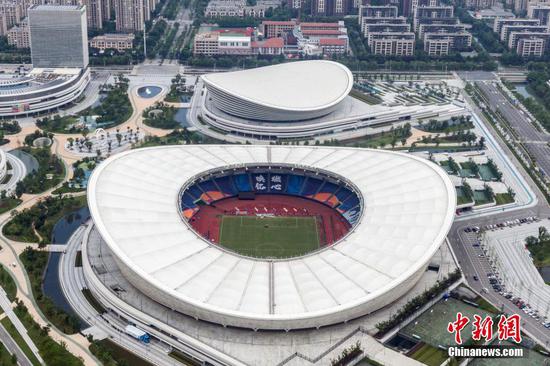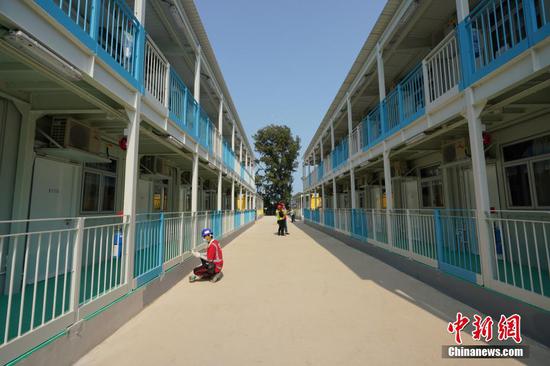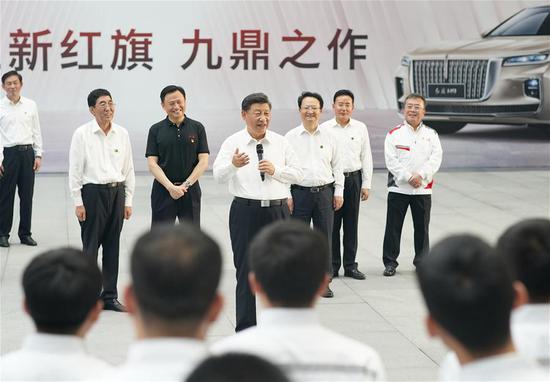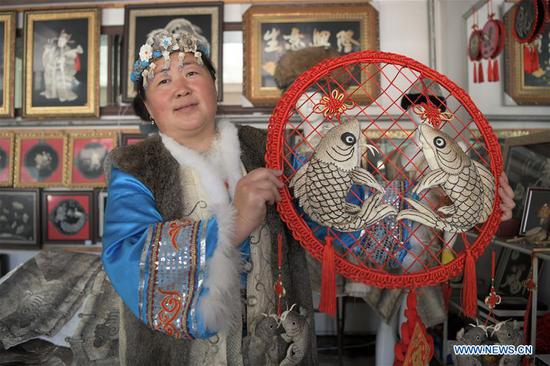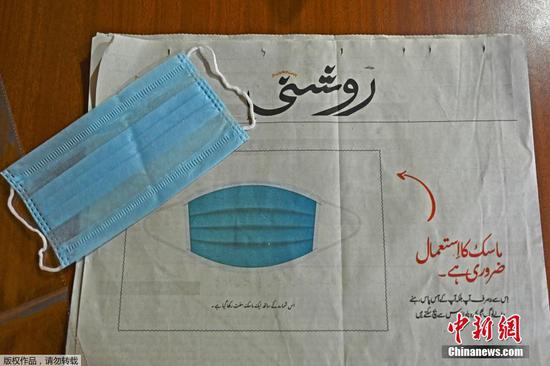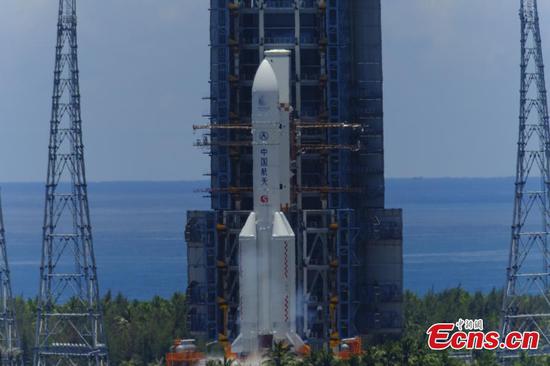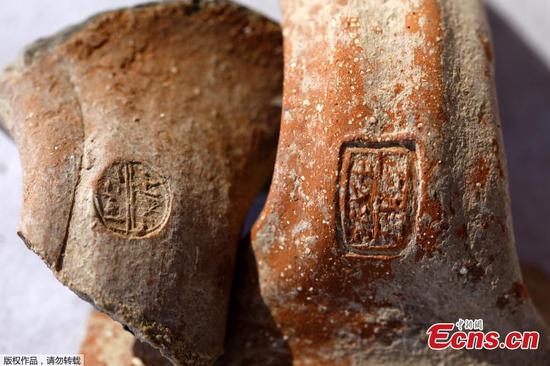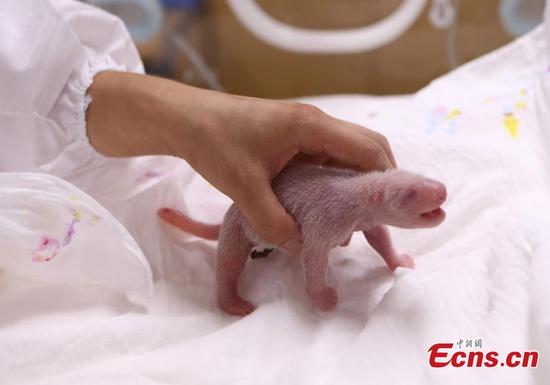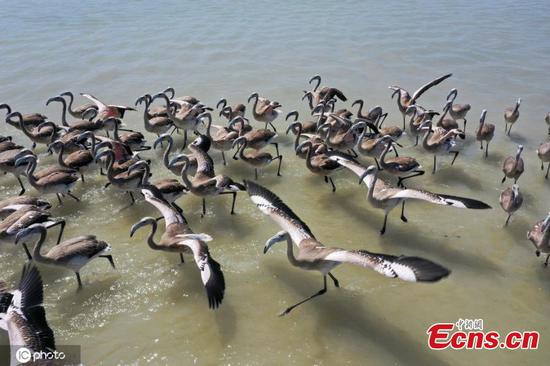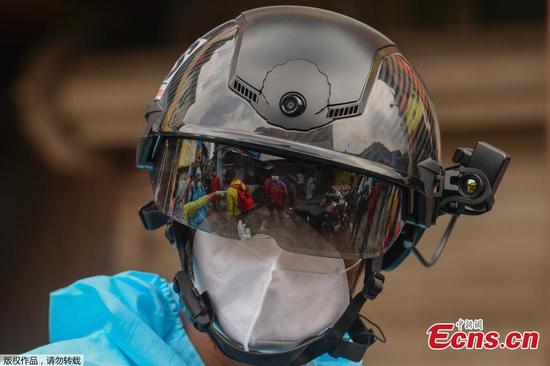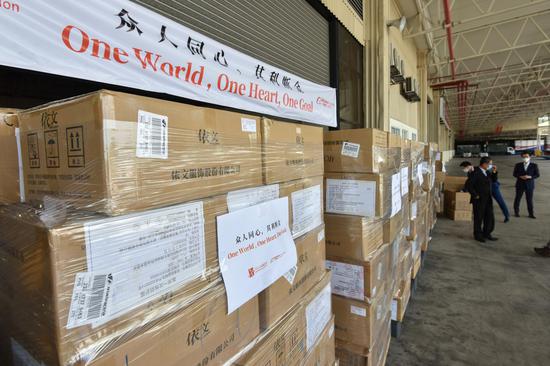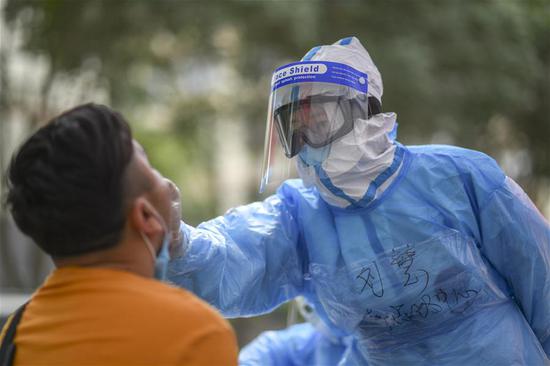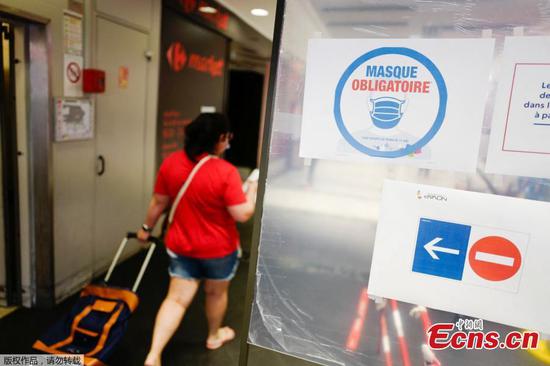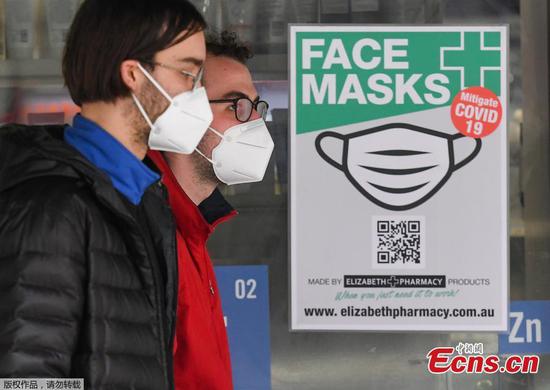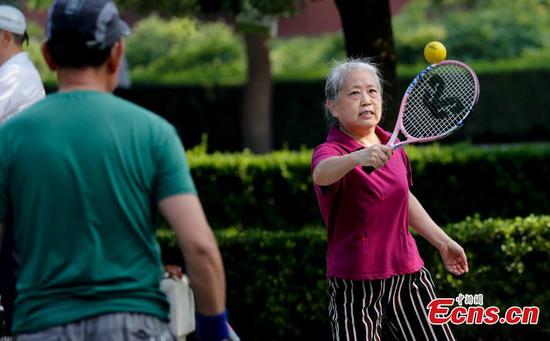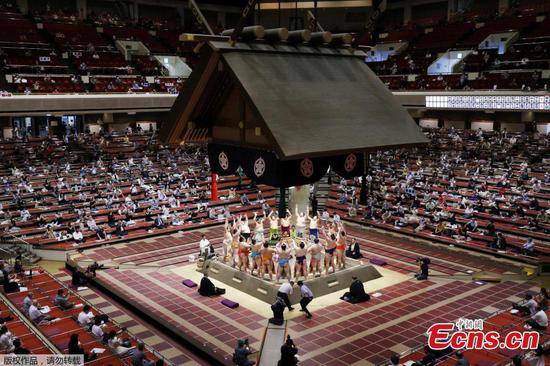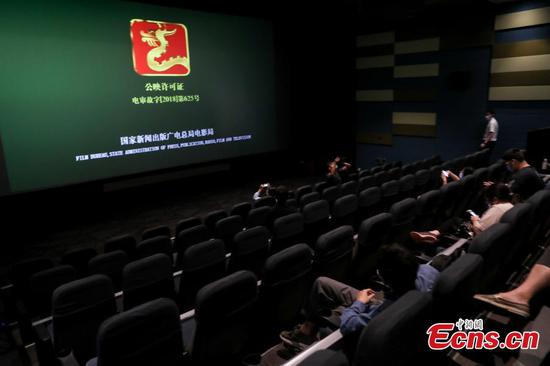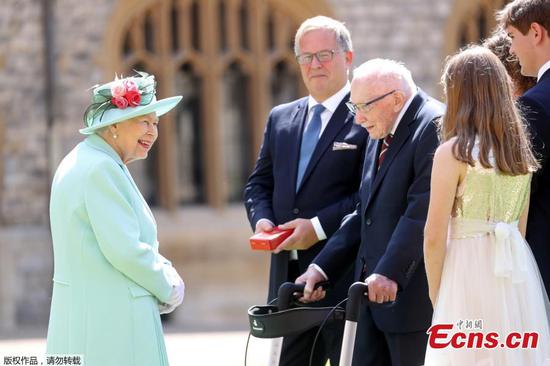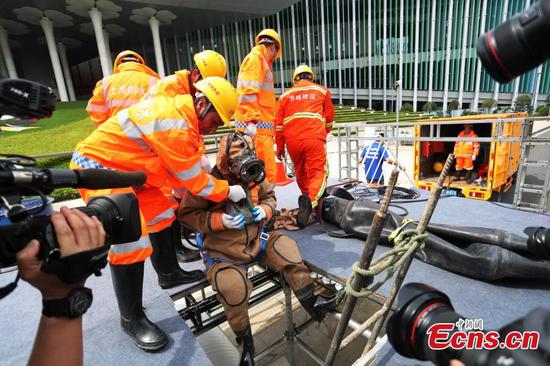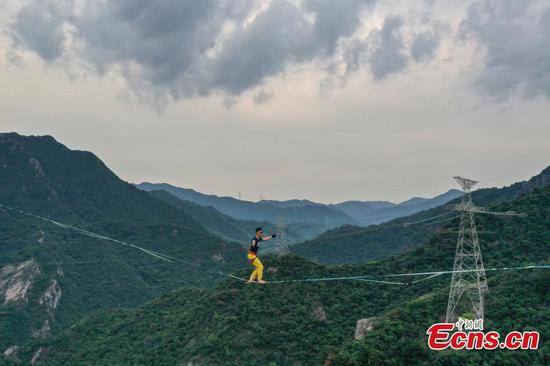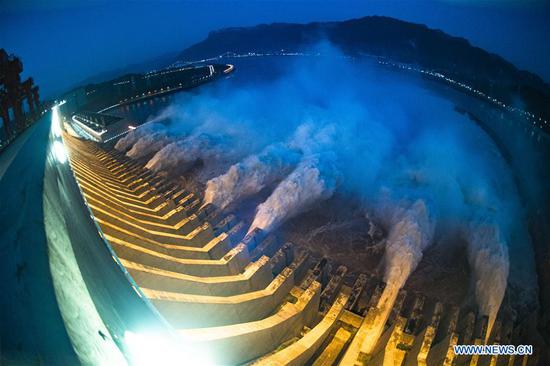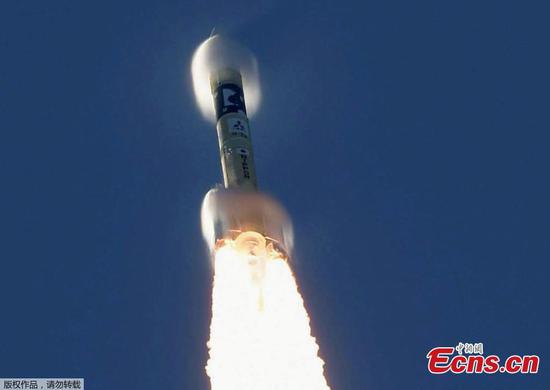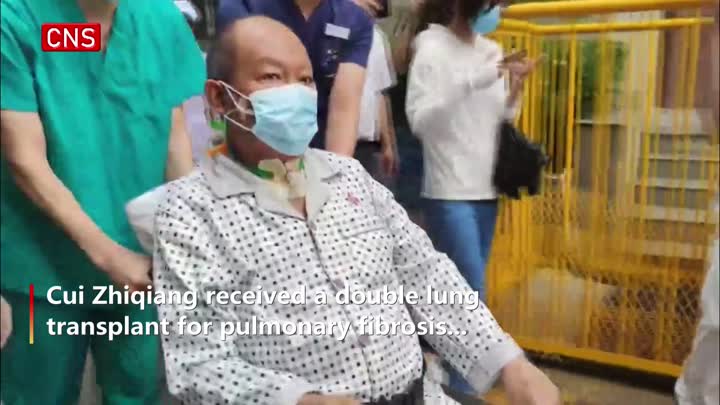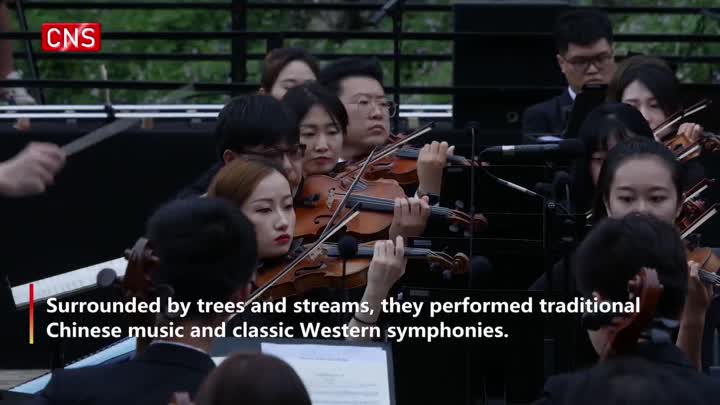The abrupt decision by the United States to close the Chinese consulate general in Houston has aroused concern and widespread criticism, with voices from the international community describing it as a "dramatic step" that damages bilateral ties.
On Tuesday, the US requested that China close its consulate general in Houston, the first one China opened in the US after the establishment of diplomatic ties. The US set "a 72-hour deadline" for the consulate's closure.
Immediately after the deadline, US federal agents and local law enforcement officers entered the Chinese consulate compound as a crowd watched outside the building.
Consul General of China in Houston Cai Wei said in an open letter that the US action "seriously violated international law and the norms of international relations, seriously violated the relevant provisions of the Sino-US consular treaty, and deliberately undermined Sino-US relations".
Cai emphasized that the essence of Sino-US relations is mutual benefit and win-win results. He said both sides should commit themselves to non-conflict, non-confrontation, mutual respect and win-win cooperation, and jointly advance China-US relations based on coordination, cooperation, and stability.
The Chinese Foreign Ministry has also expressed strong dissatisfaction and firm opposition to US law enforcement officers' forced entry into the Chinese consulate general in Houston.
Foreign Ministry spokesman Wang Wenbin said on Saturday that the premises of the Chinese consulate general in Houston are diplomatic and consular premises as well as China's national property.
"Based on the Vienna Convention on Consular Relations and the China-US Consular Convention, the United States must not infringe on the premises of the Chinese consulate general in Houston in any way," Wang said.
Hua Chunying, Foreign Ministry spokeswoman, said on Twitter on Sunday that the US move "is no different from burglary".
On Friday, the Foreign Ministry informed the US embassy in China of its decision to withdraw its consent for the establishment and operation of the US consulate general in Chengdu.
In a statement issued by the ministry, it made specific requirements on the ceasing of all operations and events by the consulate general.
"The measure taken by China is a legitimate and necessary response to the unjustified act by the US. It conforms with international law, the basic norms of international relations, and customary diplomatic practices," the statement said.
Venezuelan Foreign Minister Jorge Arreaza said on Saturday that the US decision to close the Chinese consulate general in Houston is "baseless aggression".
"The political, ideological, diplomatic, economic and media escalation of the US government against the People's Republic of China constitutes a baseless aggression against a sovereign country," Arreaza said on social media.
"Crafting lies to attack China is part of (US President Donald) Trump's electoral despair," he said.
Jon R. Taylor, political science professor and department chair at the University of Texas at San Antonio, said closing a consulate is a "dramatic step that seriously ratchets up contention between the United States and China".
"It's a very discouraging development and further evidence of the growing tension between the two countries," Taylor said, adding that the move "should not be that big of a surprise", as the current US administration inclines to use "Cold War rhetoric and actions" in dealing with others.
He also said the shutdown of the consulate "is self-defeating "for the US, and is "a misguided election strategy which engenders greater animosity, a disruption in soft power relations, and unnecessary mistrust".
Decision 'serious threat'
Sylwester Szafarz, former consul general of Poland in Shanghai, said the decision "poses a serious threat to international security and to the coordinated efforts of the international community to combat the pandemic, which is already taking a cruel toll on the United States itself".
"Under no circumstances will China be held responsible for what is happening in the US," he added.
Bob Harvey, CEO of the Greater Houston Partnership, said the closing of China's consulate general in Houston will hurt travel, trade and the long-standing relationship between Houston and China.
"Houston has had a special relationship with China going back to George Herbert Walker Bush," Harvey said. "We've been able to maintain that warm relationship, even when we've had meaningful disputes. The lack of a Chinese consulate will hurt and will be a setback for Houston."
Dong Leshuoin Washington and Xinhua contributed to this story.










